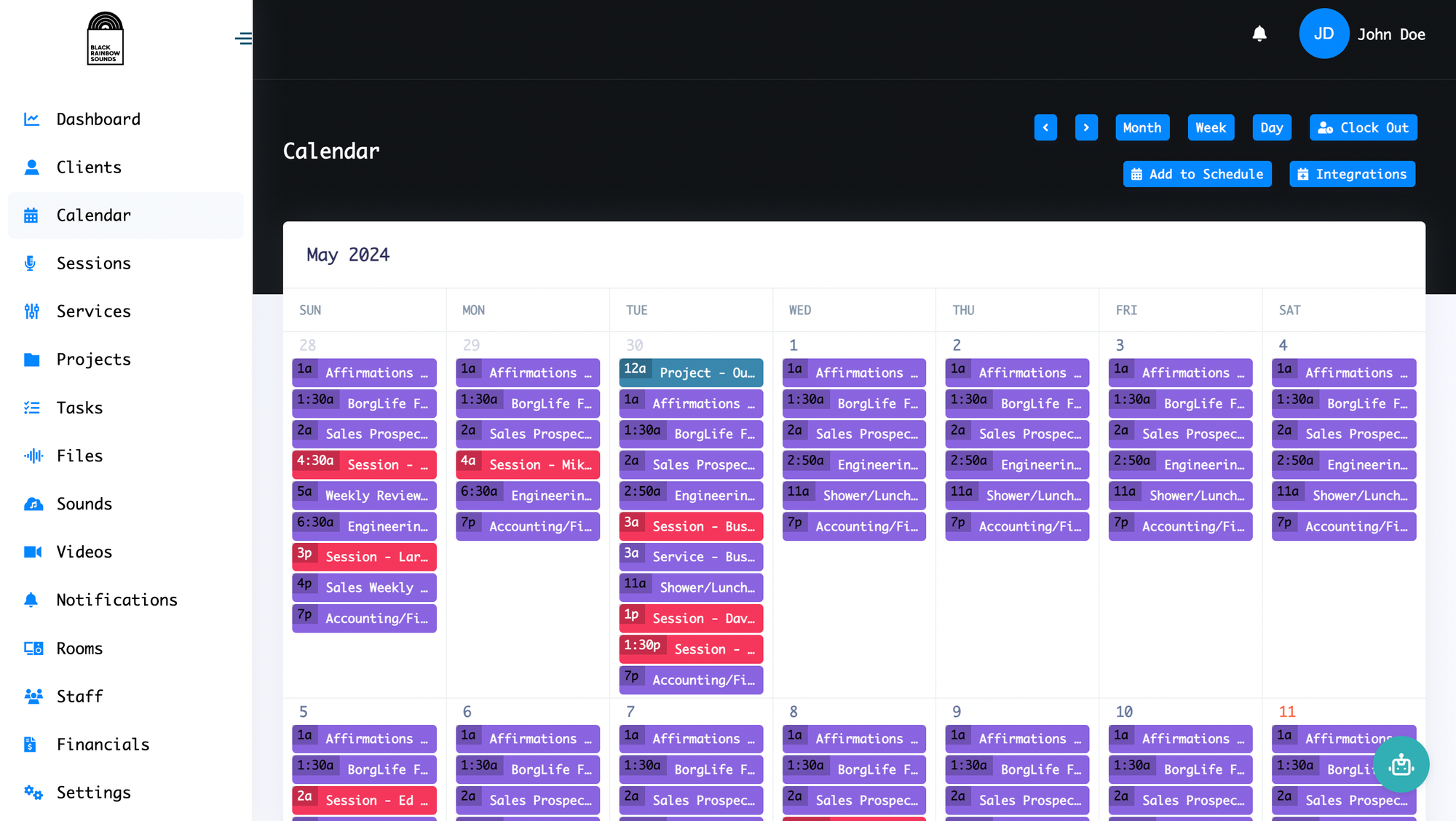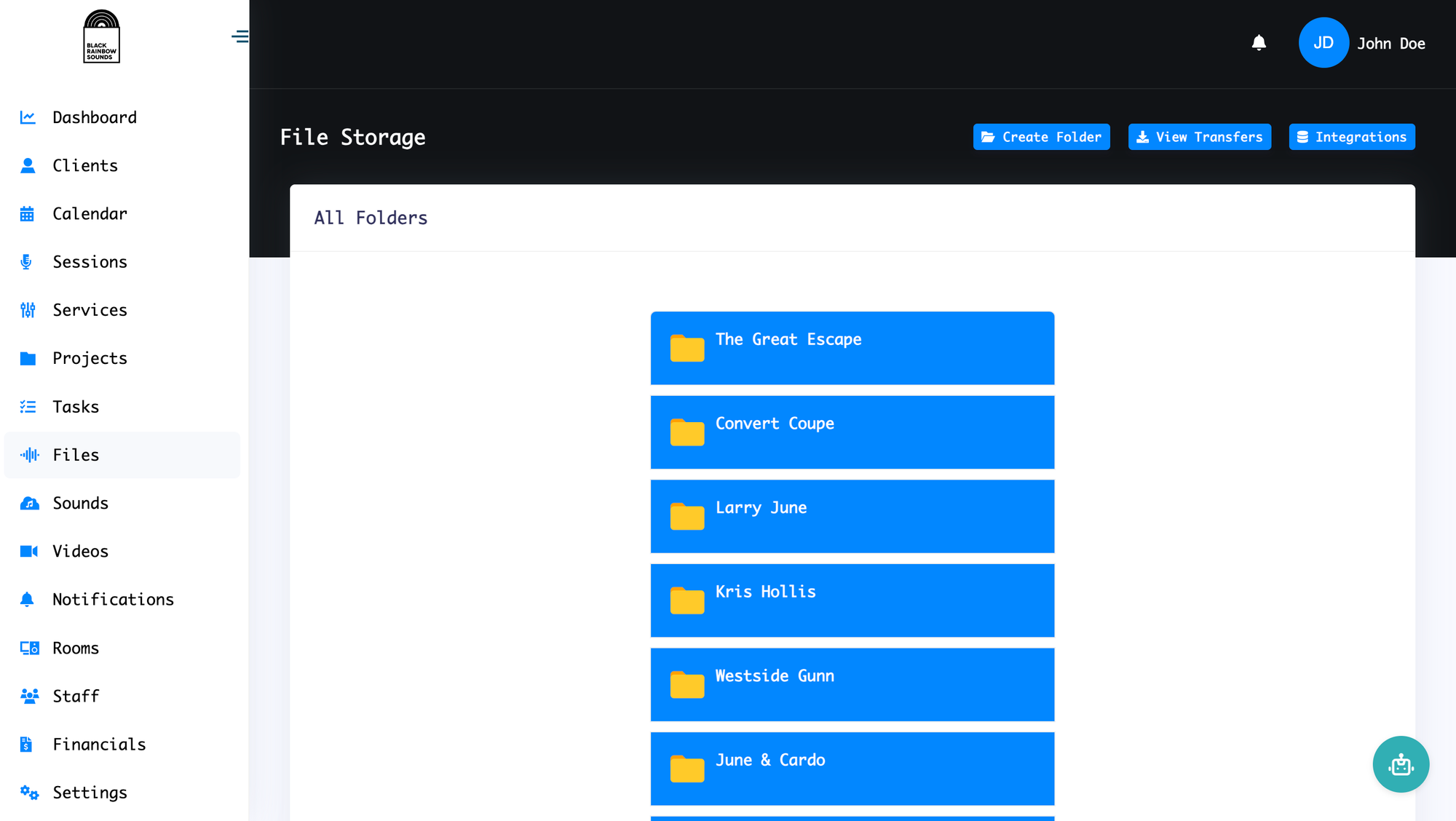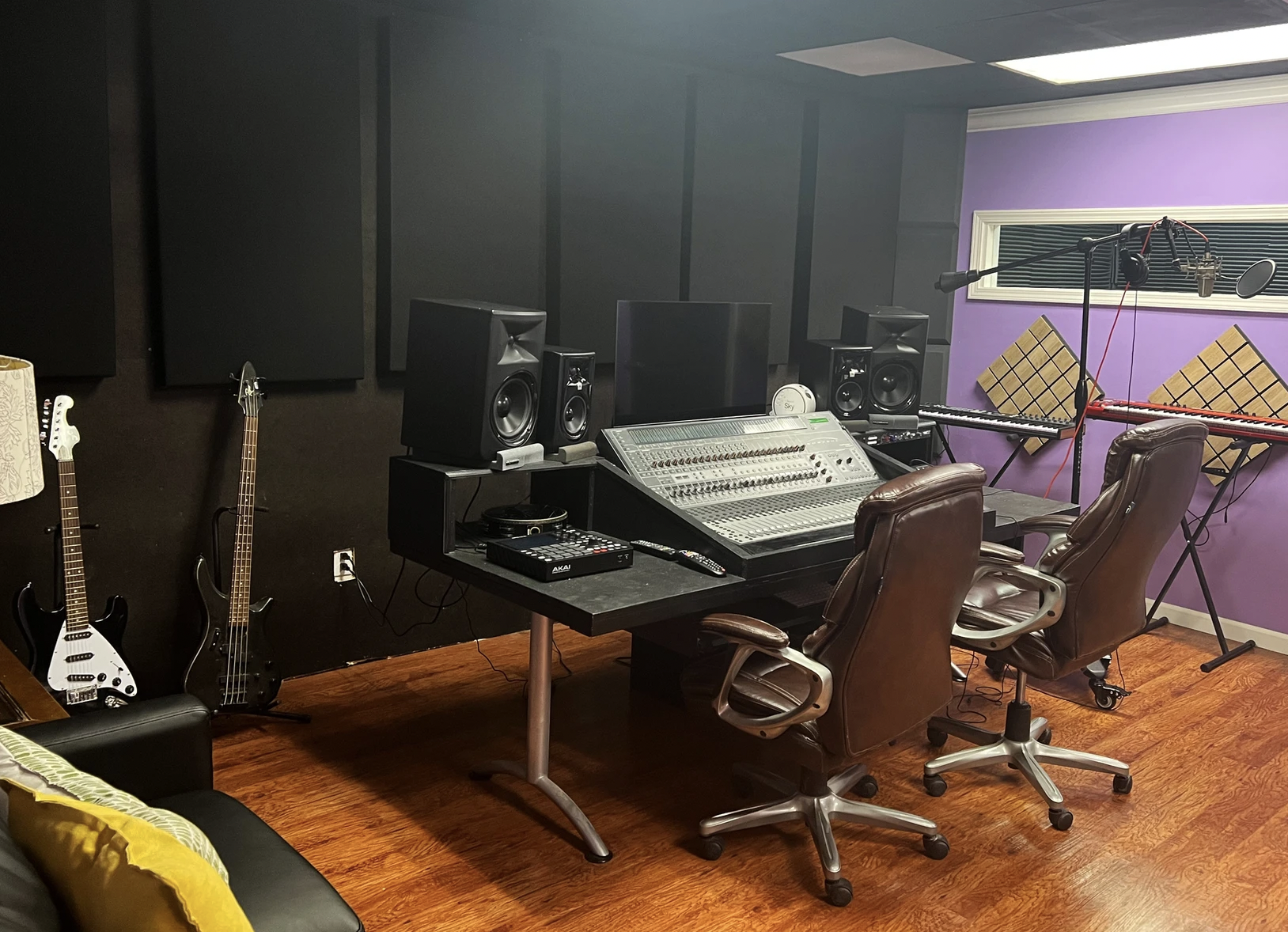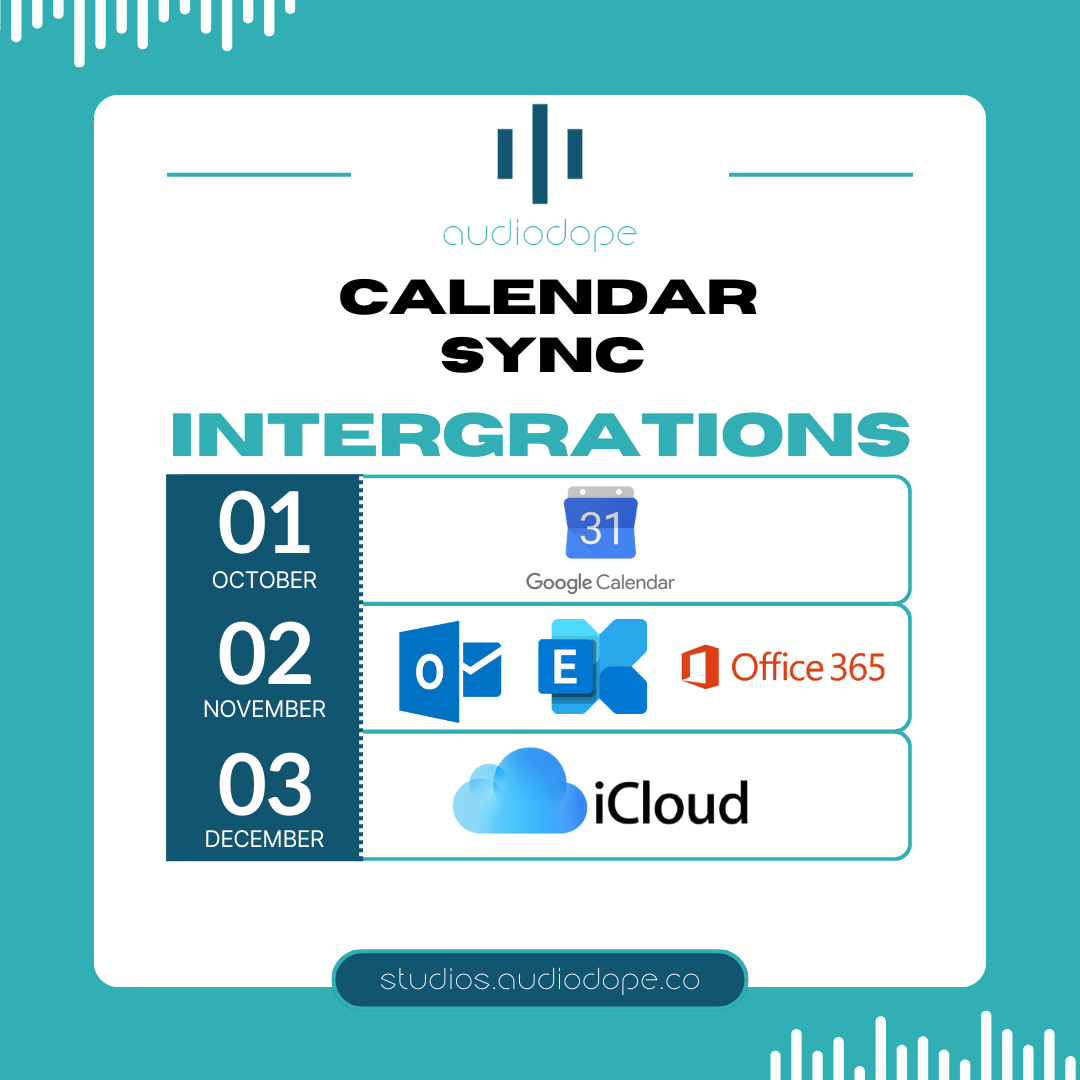What are the busiest days in the Recording Studio?

Music enthusiasts and professionals alike often wonder which days are the busiest in these creative hubs. In this article, we will uncover the secrets behind the busiest days in the recording studio.
Whether you're a musician, producer, or a curious fan, understanding the peak days in the recording studio can be invaluable. Picture this: the atmosphere charged with energy, musicians grooving to the beat, and the sound engineer meticulously capturing every note. It's on these busy days that musical masterpieces are born.
To determine which days are the busiest, several factors come into play. Artists tend to schedule recording sessions around their availability, often choosing weekdays or weekends depending on their preferences. Additionally, the recording process is influenced by external factors such as album release dates, the availability of renowned producers, and even client demand.
Join us as we delve into the fascinating world of recording studios and discover the patterns that make some days busier than others. Whether you're a music industry insider or an avid fan, this article will shed light on the busiest days in the recording studio and provide valuable insights into the creative process.
Factors that contribute to busy days in recording studios
Recording studios experience busy days due to a variety of factors. One major factor is the availability of artists and musicians. Many artists have packed schedules, touring or promoting their music, and they need to find time to record their songs. This often leads to a rush of bookings during specific periods as artists try to fit in their recording sessions.
Another factor that contributes to busy days in recording studios is the release of albums or singles. Artists often want to capture the momentum and excitement of a new release by recording additional tracks or making last-minute changes to their songs. This can result in a surge of activity in the studio as artists and their teams work tirelessly to perfect their music.
Additionally, the availability of renowned producers can influence the busyness of recording studios. Artists often seek out the expertise of renowned producers to enhance the quality of their recordings.
These producers may have limited availability, leading to a rush of bookings when they are free to work with artists. The reputation and track record of a producer can greatly impact the demand for their services, creating busy periods in the recording studio.
Busiest days in the recording studio: weekends and holidays
When it comes to the busiest days in the recording studio, weekends and holidays tend to take the lead. Artists and musicians who have day jobs or other commitments during weekdays often prefer to schedule their recording sessions on weekends when they have more flexibility. This results in a higher demand for studio time on Saturdays and Sundays.
Holidays also see an increase in studio activity. During holidays, artists may have more free time and take advantage of the break to focus on their music. Additionally, the festive spirit and special occasions often inspire artists to create new songs or record holiday-themed tracks. This leads to a surge in bookings during holiday periods, making them some of the busiest days in the recording studio.
It's important to note that while weekends and holidays are generally busier, the specific days can vary depending on the location and the preferences of the artists. In some regions, Fridays might be more popular for recording sessions, while in others, Sundays might see higher demand. Understanding these regional and individual preferences can help studios optimize their schedules and accommodate the needs of their clients.
Impact of special events and industry trends on studio bookings
Special events and industry trends can heavily influence the busyness of recording studios. For example, major music awards shows or festivals often create a buzz in the industry, inspiring artists to work on new material or polish their existing songs. This can lead to a spike in studio bookings as artists strive to create music that will resonate with audiences during these events.
Industry trends can also impact studio schedules. For instance, if a particular genre or style of music becomes popular, studios specializing in that genre may experience a surge in demand. Artists and producers within that genre may flock to these studios, resulting in busy periods as they work on their projects.
In addition, technological advancements and the rise of online platforms have democratized the recording process. Many artists now have home studios or access to affordable recording equipment, which enables them to work on their music at their convenience.
However, there is still a demand for professional recording studios, especially for high-quality productions and collaborations. This demand, coupled with the desire for a specific studio's unique sound or atmosphere, contributes to the busyness of recording studios.
Strategies for managing busy days in recording studios
Managing busy days in recording studios requires efficient scheduling and time management. Here are some strategies that studios can employ to handle the influx of bookings and ensure a smooth workflow:
- Effective communication: Clear communication with artists, producers, and other stakeholders is crucial to avoid scheduling conflicts and ensure everyone is on the same page. Studios should establish clear channels of communication and promptly respond to inquiries and booking requests.
- Prioritization: Studios can prioritize projects based on their importance, deadlines, and the needs of the artists. By understanding the goals and expectations of each project, studios can allocate resources and time accordingly, ensuring that all clients receive the attention they deserve.
- Flexibility: Being flexible with scheduling can help studios accommodate more clients during busy periods. This might involve extending studio hours, adjusting break times, or offering alternative time slots to maximize availability.
- Collaboration: Encouraging collaboration and teamwork among studio staff can help streamline the recording process and ensure efficient use of resources. By dividing tasks and responsibilities, studios can handle multiple projects simultaneously and maintain a high level of productivity.
- Automation and technology: Implementing digital tools and software can streamline administrative tasks, such as booking management, invoicing, and studio resource allocation. These tools can optimize workflow and free up time for studio staff to focus on the creative aspects of their work.
- Continuous improvement: Regularly evaluating and improving studio processes can help identify bottlenecks and areas for optimization. Studios can collect feedback from clients, analyze their workflows, and implement changes to enhance efficiency and client satisfaction.

By adopting these strategies, recording studios can effectively manage busy days and deliver exceptional service to their clients.
Importance of effective scheduling and time management
Effective scheduling and time management are critical in recording studios to ensure a smooth and productive workflow. Recording sessions require careful planning, coordination, and attention to detail. Here's why scheduling and time management are of utmost importance:
- Optimal resource utilization: Proper scheduling ensures that studio resources, such as equipment, sound engineers, and producers, are utilized efficiently. By assigning projects based on availability and skill sets, studios can make the most of their resources and avoid conflicts.
- Meeting client expectations: Timely completion of projects is crucial for client satisfaction. By setting realistic deadlines and managing time effectively, studios can ensure that clients receive their finished products within the agreed-upon timeframe. This builds trust and enhances the studio's reputation.
- Minimizing downtime: Efficient scheduling helps minimize downtime between projects. By optimizing the studio's schedule, studios can maximize their earning potential and reduce idle time. This is especially important during busy days when there is high demand for studio time.
- Reducing stress and burnout: Proper time management helps prevent overbooking and excessive workload for studio staff. By balancing project deadlines and allocating sufficient time for breaks, studios can create a healthier work environment, reducing stress and burnout among their team members.
Effective scheduling and time management require a balance between accommodating client demands and optimizing the studio's resources. By implementing efficient systems and processes, recording studios can create a harmonious workflow that maximizes productivity and client satisfaction.
Maximizing studio resources during busy periods
During busy periods, recording studios need to optimize their resources to meet the high demand for studio time. Here are some strategies for maximizing studio resources:
- Equip studios with state-of-the-art technology: Upgrading equipment and software can enhance efficiency and productivity. High-quality recording gear, mixing consoles, and software tools can streamline the recording process, allowing artists to work more efficiently and studios to handle more projects simultaneously.
- Implement efficient studio layouts: Designing studio spaces that are conducive to collaboration and productivity is essential. Studios should consider factors such as sound isolation, equipment accessibility, and workflow efficiency when designing their spaces. This ensures that artists and studio staff can work seamlessly, maximizing the use of the available resources.
- Invest in talented and versatile staff: Hiring skilled sound engineers, producers, and support staff is crucial for managing busy periods. A talented and versatile team can handle multiple projects simultaneously, ensuring that the studio's resources are utilized optimally.
- Collaborate with external partners: During busy periods, studios can consider partnering with external professionals or freelancers to support their workload. This collaboration can help studios meet client demands without compromising on quality or turnaround time.
- Implement efficient file management systems: Recording studios deal with a vast amount of audio files, project files, and client data. Implementing efficient file management systems, such as cloud storage or digital asset management software, can improve organization, accessibility, and collaboration among studio staff.

By maximizing their resources, recording studios can handle the influx of projects during busy periods without compromising on the quality of their work.
Collaborative approaches to accommodate multiple clients
Recording studios often face the challenge of accommodating multiple clients during busy periods. Adopting collaborative approaches can help studios manage multiple projects while maintaining a high level of service. Here are some collaborative strategies that studios can employ:
- Project coordination: Assigning a dedicated project manager or coordinator can streamline communication and ensure that all projects progress smoothly. The project manager can liaise with artists, producers, and studio staff, coordinating schedules, and ensuring that everyone is working towards the same goal.
- Shared resources: Studios can implement a system where resources, such as equipment or sound engineers, are shared among projects. By carefully planning and scheduling, studios can optimize their resources and accommodate multiple clients without compromising on quality.
- Cross-team collaboration: Encouraging collaboration among different teams within the studio can help manage multiple projects effectively. For example, sound engineers from different projects can share insights and collaborate on technical challenges, enhancing the overall quality of the studio's output.
- Flexible workspaces: Designing flexible workspaces that can be adapted based on project requirements can help studios accommodate the needs of multiple clients. For example, having modular recording booths or adjustable acoustics can allow artists to work simultaneously without sound bleed or interference.
- Transparent communication: Maintaining open and transparent communication with clients is crucial during busy periods. Studios should set clear expectations regarding project timelines, availability, and any potential limitations. Regular updates and progress reports can keep clients informed and minimize misunderstandings.
By fostering collaboration and communication, recording studios can effectively manage multiple projects and ensure a seamless experience for their clients.
Case study: A successful recording studio's approach to handling busy days
To illustrate the effective management of busy days in a recording studio, let's take a look at the approach of 1200 Music Management, a renowned recording studio known for its exceptional service and high-quality productions.
1200 Music Management understands that efficient scheduling and time management are key to their success. They have implemented a robust booking system that allows artists to easily schedule their recording sessions online. The system integrates with the studio's calendar and resource management tools, ensuring that availability is up-to-date and conflicts are minimized.
During busy periods, 1200 Music Management ensures that their team is well-prepared to handle the influx of projects. They have a pool of talented sound engineers and producers who can adapt to different genres and styles of music. This versatility enables them to work on multiple projects simultaneously, ensuring that clients receive the attention and expertise they deserve.
To optimize their resources, 1200 Music Management has invested in state-of-the-art equipment and software. This allows artists to work efficiently, reducing the time required for recording and post-production. The studio's flexible workspace design accommodates multiple projects, with adjustable acoustics and soundproofing ensuring a seamless recording experience for each artist.
1200 Music Management also emphasizes effective communication with their clients. They provide clear guidelines regarding project timelines and expectations, ensuring that clients understand the studio's capacity and limitations during busy periods. Regular updates and progress reports keep clients informed and help manage expectations.
By adopting these strategies, 1200 Music Management has built a reputation for handling busy days with professionalism and excellence. Artists and producers trust 1200 Music Management to deliver exceptional results, even during the busiest periods.

Conclusion: The dynamic nature of recording studio schedules and the importance of adaptability
Efficient scheduling and time management are crucial for optimal resource utilization, meeting client expectations, minimizing downtime, and reducing stress among studio staff.
By maximizing their resources during busy periods, studios can handle the influx of projects without compromising on quality or turnaround time.


